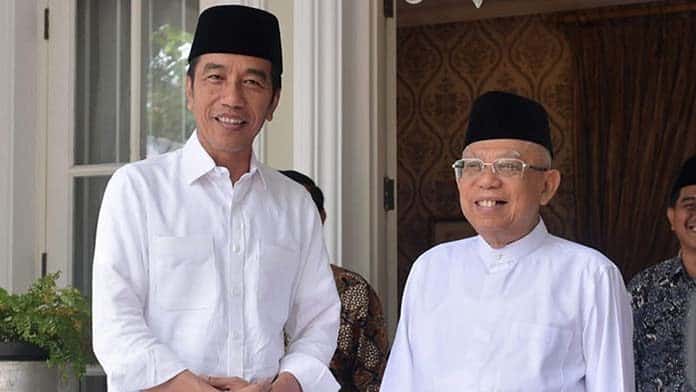Incumbent Joko Widodo (Jokowi) has claimed victory in the 2019 Indonesian presidential election against Prabowo Subianto. Jokowi won 55.6 per cent of the vote, securing a slightly higher outcome than in the 2014 election, where he also beat Prabowo.
Both sides sought to court and encourage a growing Islamic conservatism, while announcing very little in terms of policy that would actually improve the living standards of ordinary Indonesians. The lack of a progressive program from either side further highlights the need for the Indonesian working class to build an alternative.
Many Indonesians celebrated Jokowi’s victory in 2014 as he came from outside the corrupt elite. His image as a technocratic populist who would make changes to improve public services contrasted with Prabowo, who is a former army officer, now wealthy businessman who has made statements suggesting a desire to reinstall an authoritarian regime.
In a repeat of the 2014 election, both sides ran populist campaigns devoid of any serious program or policy. Instead they pandered to racism and religious conservatism. In December 2018, Prabowo addressed the 212 rally which was organised by the conservative Islamic forces that had successfully campaigned for the prosecution for blasphemy of then-Jakarta governor Ahok, a Christian of Chinese descent.
Rather than make a stand against racist and religious fearmongering, Jokowi sought to accommodate it. He chose as his running mate Ma’ruf Amin. Amin is the chairman of Indonesia’s Ulama Council (MUI) and the leader of Nahdlatul Ulama—Indonesia’s largest Muslim organisation. In his role as chairman of the MUI he has supported banning the activities of the minority religious group, Ahmadiyah, and called for the criminalisation of LGBT relationships.
While many Indonesians voted for Jokowi as the “lesser evil”, as president for the last five years he has been responsible for the erosion of democracy. Human rights issues that Jokowi promised to address, such as the mass killings in 1965 and the abuses that occurred in 1998, remain unresolved. Extrajudicial killings continue in West Papua where a new military operation resulting in more civilian deaths was launched in December 2018. His government also introduced a new law in 2017 to disband organisations considered to be against the state ideology and constitution.
Unions have had their ability to organise further hampered by the introduction in 2015 of a regulation determining wage increases. This replaces the tripartite model in which unions were able to use their industrial power to win significant wage rises. To win unions’ support, Prabowo promised to repeal this law if he won, while Jokowi has said he will reform it. Unions split their support along the same lines as 2014. While two major confederations supported Jokowi, another supported Prabowo, and a smaller grouping called for voters to abstain.
The unions have been able to exert some influence, but their own decline in militancy and the shelving of plans to launch a political party have left their membership open to being influenced by the conservative religious forces. While mass strikes in 2012 saw workers in industrial areas unite across unions, ethnicities and religions to demand higher wages and an end to outsourcing jobs, there has since been a retreat in struggle. As campaigns have become fragmented and weakened, unionists on the ground report that their membership is becoming divided by the same religious and ethnic tensions growing more broadly in Indonesia.
The challenge for the left now is to rebuild the struggle and class unity in the face of the growing religious conservatism.





